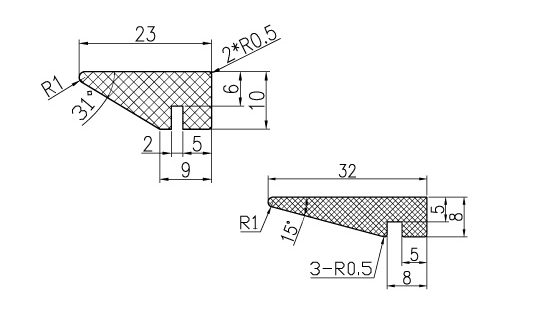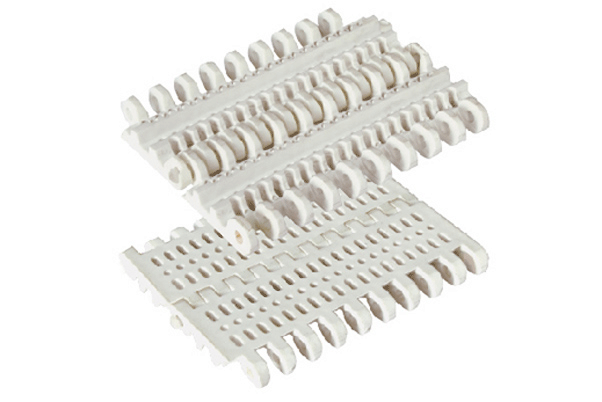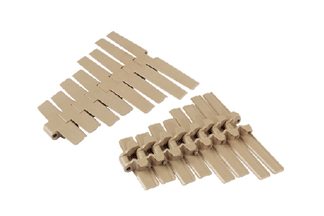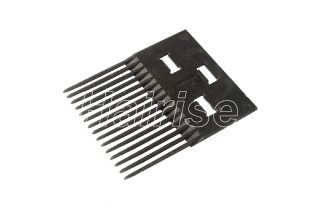Good Wholesale Vendors Har H103 Neck Guide for Buenos Aires Importers
Good Wholesale Vendors Har H103 Neck Guide for Buenos Aires Importers Detail:
Product detail pictures:
The really wealthy projects administration experiences and a person to just one assistance model make the higher importance of company communication and our easy understanding of your expectations for Good Wholesale Vendors Har H103 Neck Guide for Buenos Aires Importers, The product will supply to all over the world, such as: Kyrgyzstan, Seychelles, Romania, Our mission is "Provide Merchandise with Reliable Quality and Reasonable Prices". We welcome customers from every corner of the world to contact us for future business relationships and achieving mutual success!
WHAT IS HAPPENING TO OUR BRAIN?
—
ART & LIFE IN TIMES OF COGNITIVE AUTOMATION
Was a conference-festival organized by the Gerrit Rietveld Academie that took place on March 22, 23, and 24, 2016 at Stedelijk Museum Amsterdam.
Studium Generale Rietveld Academie invited André Lepecki, Melanie Bühler, and Warren Neidich to each inaugurate a discursive and performative program of one day.
March 22
Ugly Feelings: Thinking and Feeling in Contemporary Internet Culture
curated by Melanie Bühler:
How has contemporary Internet culture affected our emotional and cognitive capacities – our abilities to feel and think? Our minds, as Spinoza argued, operate first in the vague and blurry field of imagination. Here, feelings and thoughts converge before reason makes sense of them. This conference session focuses on how networked culture can be perceived as an extended field of imagination – a sticky universe of emotions and ideas – and confronts the way in which digital platforms structure and organize this space.
Recent political developments, such as Brexit and the American presidential election, suggest that online culture has effectively created an environment of filter bubbles – affirmative echo chambers of like-minded people. Algorithms are the gatekeepers of these information streams with their very own agendas. Beyond these bubbles, it’s the surprising and emotionally potent that spread the most – the more outrageous the message, the more likely it is heard. If Google is knowledge, the brain that is picked the most, what does it mean when the search engine auto-completes the sentence ‘are Jews’ with the word ‘evil’ (as recently reported in the Guardian)? Has Google, with its self-proclaimed strategy of non-interference, actually paved the way for the normalization of prejudice, rendering the illegitimate legit?
Once a story or an image has nested itself within the popular imagination, it often doesn’t seem to matter if something turns out to be wrong. Apparently, then, feelings cannot be fought with facts. Accordingly, trolling and tweeting have become more effective strategies than official, less emotional and personalized modes of address. With fake news being spread and ‘alternative facts’ being promoted, anything is open for debate – it’s all just a matter of opinion. Has the kind of pluralism that Hal Foster diagnosed for the art of the ’80s (‘footloose in time, culture and metaphor’ – anything is permitted and nothing really means anything) become the reality of our information age?
What is happening to our brain – to the collective capacity to think, feel and imagine – in this setting? How do we think with and through the technologies that wire our brains together? How is truth afforded by technology and how does it intersect with the logic of a digital economy whose very currency – attention – is located in our brains? Where do the ugly feelings come from that have been harnessed so successfully in recent Internet-driven political debates? Have we entered a new age of propaganda, a new information era that radically retools the way we think and feel? What role does art and its related discourses (such as postmodernism and pluralism) play in this setting?
With: Melanie Bühler, Hannah Barton, Jennifer Chan, Paul Feigelfeld, Daniel Keller, Elizabeth Orr, Özgür Kar and Timotheus Vermeulen
https://www.aaronequipment.com/usedequipment/conveyors/belt-conveyors/47882002
Used- Incline Belt Conveyor. Approximate 30″ wide x 180″ long rubber belt. Driven by a 0.5hp, 3/60/230/460 volt, 1725 rpm motor. Mounted on a 304 stainless steel frame with casters.
As an international trading company, we have numerous partners, but about your company, I just want to say, you are really good, wide range, good quality, reasonable prices, warm and thoughtful service, advanced technology and equipment and workers have professional training, feedback and product update is timely, in short, this is a very pleasant cooperation, and we look forward to the next cooperation!



